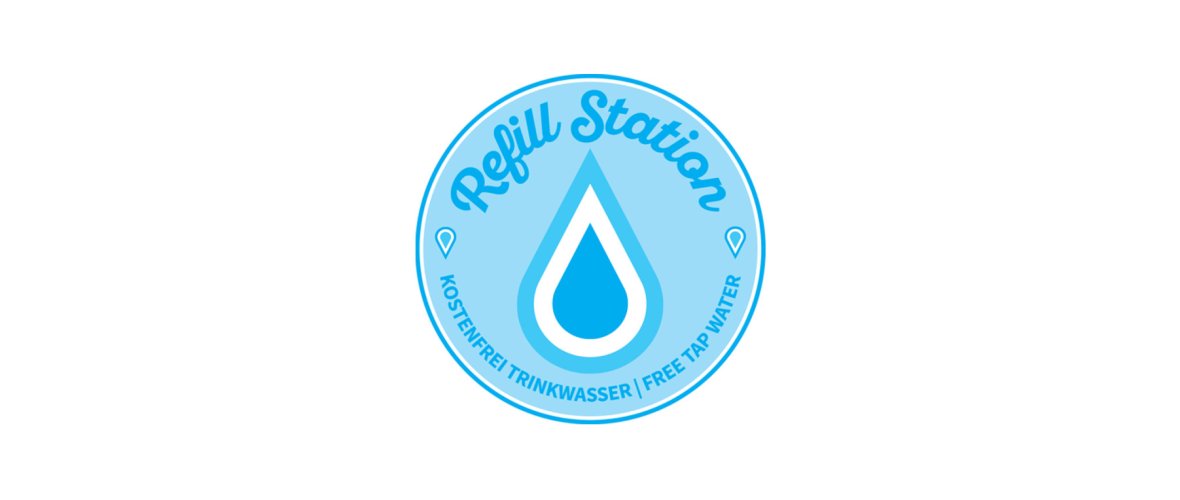Dealing with high heat
High temperatures, more frequent and longer heatwaves are increasingly causing health problems among the population in cities and communities, and for some people temperatures above 30 degrees Celsius pose a serious risk.
You can find lots of information on the health effects of heat and useful tips in the heat etiquette guide published by the Federal Environment Agency and the City of Aachen.
A few specific rules of conduct can help you get through the hot days better:
- Pay particular attention to older people and children, who are particularly affected by the heat. They need special attention.
- Drink plenty on hot days, at least two liters. Drinks containing minerals, such as water or tea, are particularly suitable. Avoid caffeine, drinks with a lot of sugar and alcohol. They dry out the body. Very cold drinks put a strain on the stomach.
- Eat a light diet, lots of vegetables, salad and fruit rich in water. Avoid foods that are difficult to digest, such as cold cuts.
- Sport on hot days is better done in the early morning or later afternoon and evening hours. Avoid heavy physical exertion during the midday heat.
- Make sure you have adequate protection against ultraviolet radiation. The best sun protection is suitable clothing, a sun hat and sunglasses. Skin that is not covered by clothing must be well rubbed with sunscreen
- Protect rooms from direct sunlight at an early stage. It is best to darken rooms with sun protection from outside to prevent them from heating up
- Ventilate at night and in the early hours of the morning. Keep the windows closed when the temperature rises.
Warning systems
The DWD heat warning system reports heat waves that are harmful to health and issues official heat warnings.
The DWD issues current heat warnings on a daily basis:
At the same time, the DWD also issues warnings via its own heat trend maps:
and in the DWD-WarnWetter app
The DWD also provides hazard maps on current UV exposure.
The Federal Environment Agency offers ozone pollution maps that forecast ozone pollution for the next two days.
Explanations of the DWD warnings
A "high heat load" warning is issued if the perceived temperature exceeds a certain value in the early afternoon. This is around 32°C, but can be slightly lower or higher depending on the situation. Another criterion for a warning is the indoor temperature at night. If it stays too warm at night, the quality of sleep deteriorates. This additional stress makes it harder to bear the heat during the day.
If the perceived temperature exceeds a value of 38°C in the early afternoon, a warning of "extreme heat stress" is issued.
Users cannot receive or pass on information directly without being registered with the DWD's newsletter service for heat warnings.
Free drinking water in Aachen
In hot weather, it is particularly important to drink enough water, even if you don't feel thirsty. Four administrative buildings of the City of Aachen and one of the StädteRegion offer free drinking water during opening hours. Simply bring a container with you and fill it up.
- City Library, Couvenstraße 15, 1st floor
Tue, Wed and Fri, 10 a.m. - 6 p.m., Thu 12 p.m. - 7 p.m., Sat 10 a.m. - 2 p.m. - Administration building Bahnhofplatz, Hackländerstraße 1
Mon - Thu, 8 a.m. - 6 p.m. and Fri, 8 a.m. - 4 p.m. - Katschhof administration building, Johannes-Paul-II.-Straße 1
Mon - Thu, 8 a.m. - 6 p.m. and Fri, 8 a.m. - 4 p.m. - Administration building Am Marschiertor, Lagerhausstraße 20
Mon - Thu, 6 a.m. - 6 p.m. and Fri 6 a.m. - 4 p.m. - Administration building Mozartstraße 2-10
Mon - Thu, 6 a.m. - 6 p.m. and Fri 6 a.m. - 4 p.m. - Haus der StädteRegion, Zollernstraße 10
Mon, Tue and Thu, 9 a.m. - 4 p.m., Wed, 9 a.m. - 4 p.m., Fri 9 a.m. - 2 p.m.
Around the clock: The city of Aachen has been providing four networked drinking water fountains in public areas for some time now:
- at the entrance to the Elisengarten in Ursulinerstraße
- on the Münsterplatz (the so-called Möschebrunnen)
- in Alexanderstraße at the Hotmannspiefbrunnen fountain
- in Heinrich-Holland-Straße/Liebigstraße in Aachen North
Refill Germany

Refill Germany is a non-profit initiative that aims to promote access to free drinking water while protecting the environment by reducing the use of single-use plastic bottles.
The concept is simple: at all Refill Stations (stores, cafés, restaurants, public facilities), you can bring your own drinking vessel (bottle, mug, jam jar, etc.) and have it filled with tap water free of charge. Refill stations are facilities with clear opening hours that have joined the Refill network. Look out for the refill sticker on the door or window.